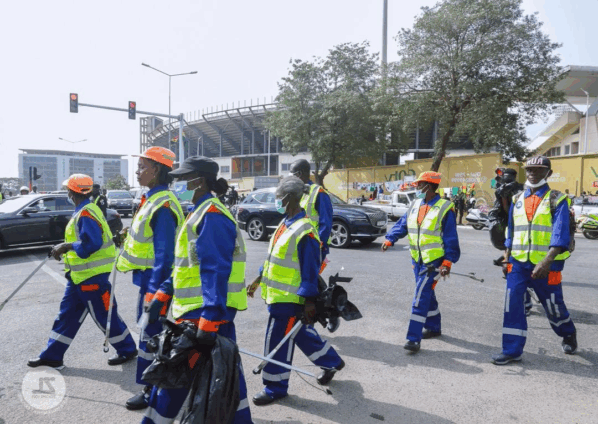When asked about criticisms that some of these waste management investments—partly funded through mechanisms like the Energy Sector Levies Act (ESLA)—have not yielded the expected results, such as large-scale organic fertiliser production, Osei-Duah redirected the conversation toward oversight.
“If there are public funds pushed into this, again I will come back to supervision,” she stated. “If there are authorities manning every aspect of this country and if we have set up organizations… I’m a businessman, I may not even be an expert in the industry and I find business and I’m doing, somebody should put me in line and make sure that what is expected of me, the value for money, is given.”
Her remarks suggest that while Zoomlion has made major investments in infrastructure, their full potential depends on effective supervision and partnership with relevant state agencies.
Zoomlion’s willingness to participate in upcoming bids signals its determination to remain a key player in Ghana’s waste management sector, albeit under a new and more competitive procurement regime.
ALSO READ:



